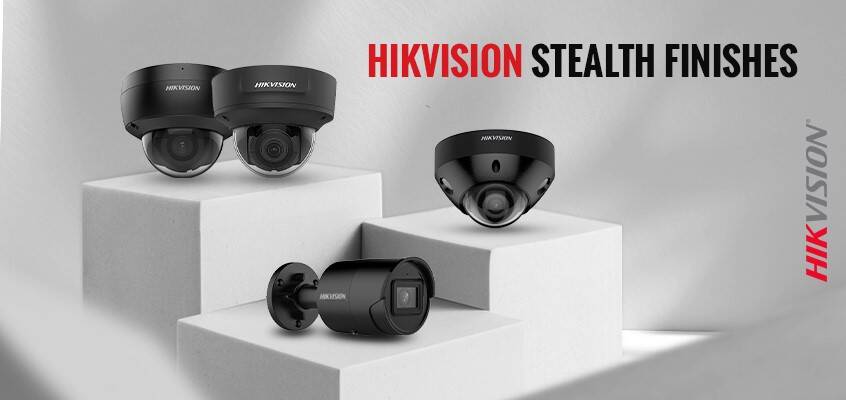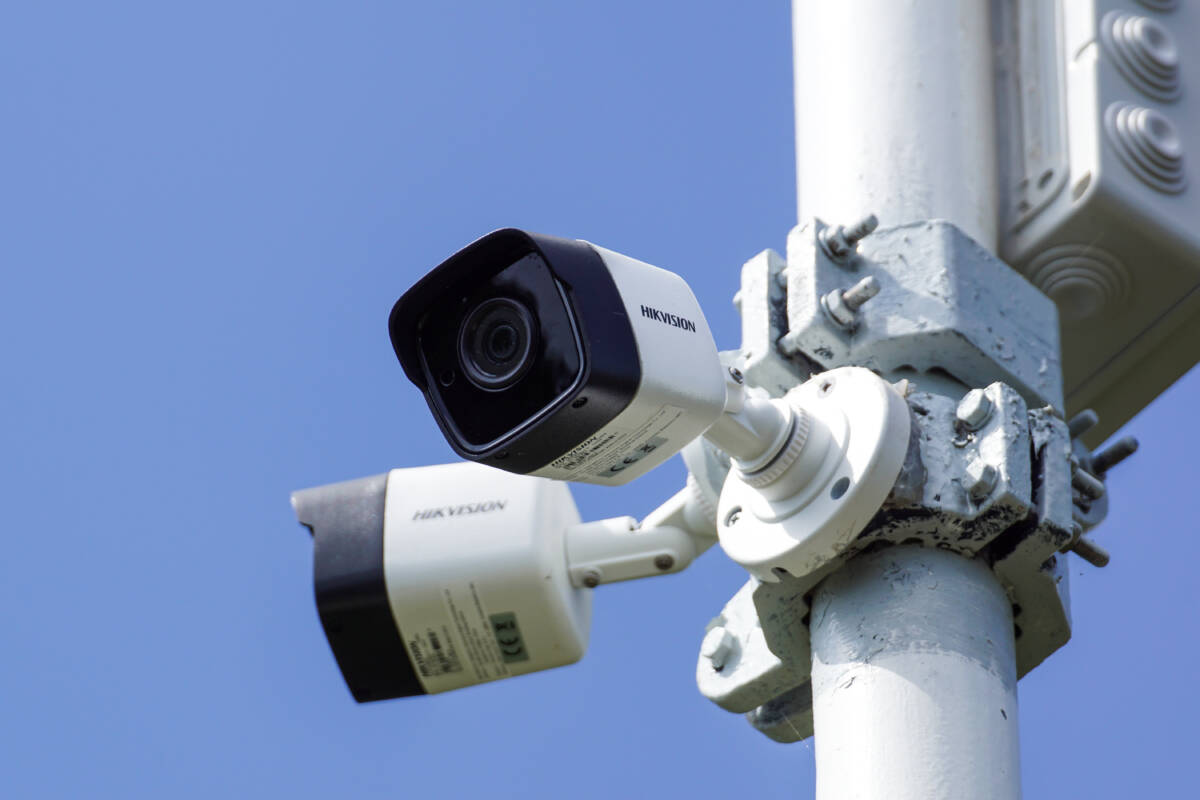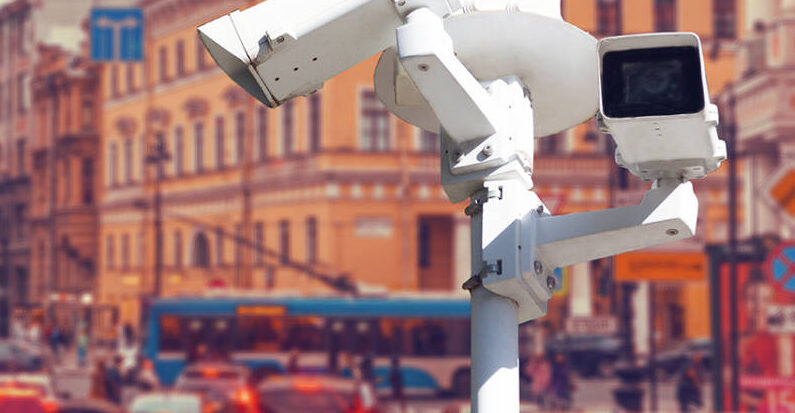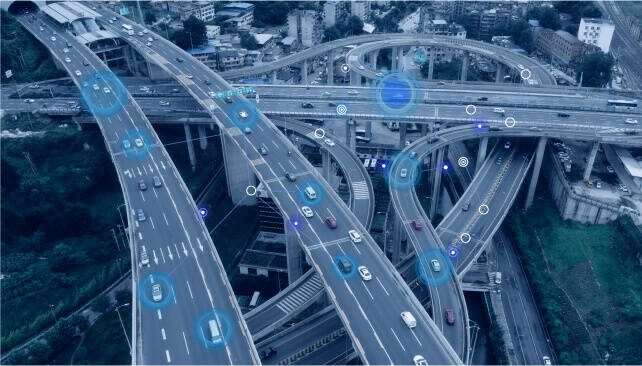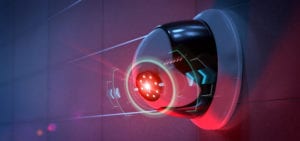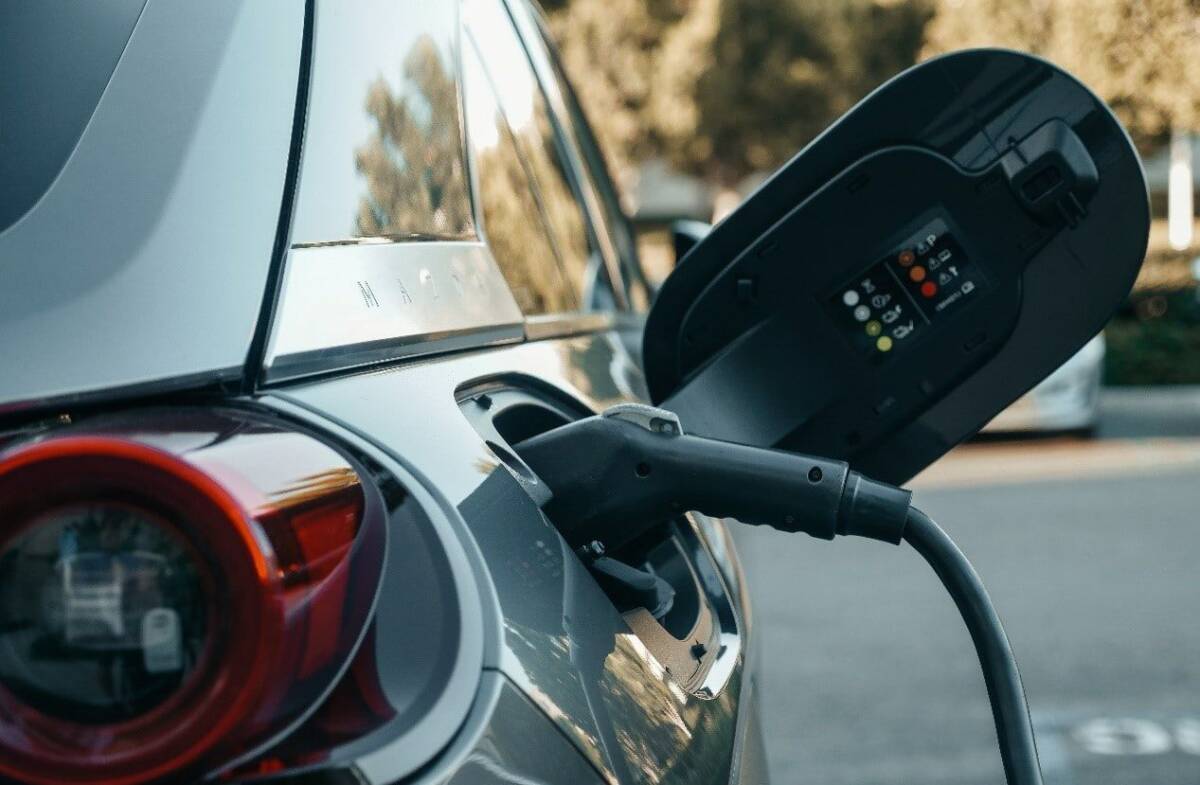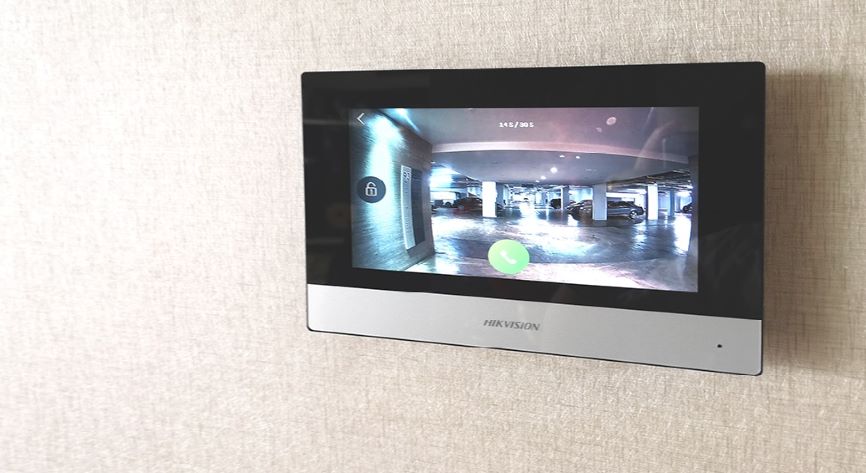 When cutting-edge video meets analogue infrastructure in 1960s design high-rise apartment blocks and how the latest technology can help overcome residents frustrations when answering the door.
When cutting-edge video meets analogue infrastructure in 1960s design high-rise apartment blocks and how the latest technology can help overcome residents frustrations when answering the door.
“If someone rang the bell at the side entrance, it wouldn’t always ring in my apartment upstairs,” says the chairman of the condo council, who lives at the RiverGate condominium in River Valley, Singapore. “Visitors often had to call me to let them in, and I would have to travel down 20 floors to the main entrance. It became incredibly frustrating.”
The resident’s story is typical of millions of residents across Asia, where high rise living is the norm. In Singapore, the first condominiums were built back in the 1960s, to tackle the challenge of high population density and soaring land costs. Today, high-rise living in Singapore is not only necessary but highly desirable, with many condominiums offering swimming pools, spas, sky-gardens and a host of other deluxe facilities at exclusive locations across the island.
Nevertheless, even the most luxurious apartment blocks are wrangling with ageing access control systems. Many systems only work intermittently, while all but the newest builds feature intercoms that use outdated two-wire analogue cabling. “The intercoms in Asia’s condos are crying out for an upgrade to IP, but the infrastructure just doesn’t support it,” says Daniel, Engineering Director at Serron Technology.
The dream: IP video
Making the move to IP intercom systems is a logical step, as it would offer a host of benefits to Asia’s high-rise residents. First of all, IP systems are video-based and can work with HD cameras, giving homeowners crystal clear images of who is at the door potentially dozens of floors below. What’s more, they also typically link to an app, so residents can see and interact with the person at the door – even when they’re not in the apartment. “Video IP systems are much more functional, more future-proof, and incredibly reliable,” adds Daniel.
The problem is, most of today’s IP intercom systems typically need to replace wire for an internet connection – and that means an upgrade to the building itself. “To upgrade to an IP system across a whole condo… that’s a massive job,” Daniel confirms. “Chasing out walls and replacing wiring is disruptive, messy and time-consuming. Plus it’s expensive, and management companies would have no choice but to pass this cost on to residents.”
Two wires? No problem
Although it may seem like an impossible problem, one company – Hikvision – has provided an excellent solution. As its product name suggests, the company’s Two Wire IP Video Intercom System is purpose-built to work over existing two-wire cabling, so that two wires supply power and transmit voice, video and control signals at the same time.
At the heart of the Hikvision two-wire system is the Two-Wire Video/Audio Distributor (DS-KAD706). It’s this intelligent box that makes the two-wire solution possible by consolidating power and internet connectivity, enabling it to be distributed out to the external door video stations and the indoor video units.
For more security news visit here.


















